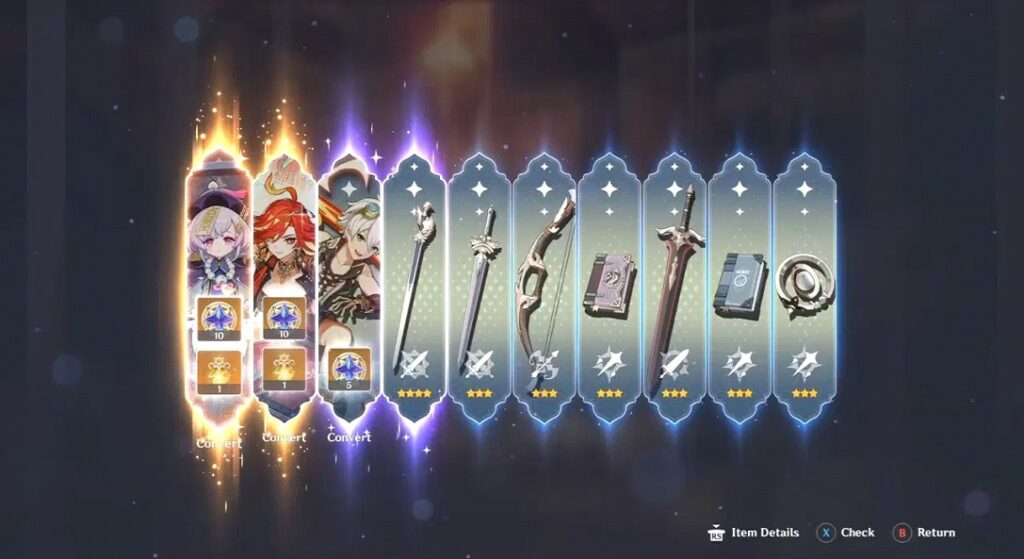Loot Boxes and Casino Games: What Do They Really Have in Common?

Loot boxes have become one of the most divisive mechanics in modern gaming. At their core, they promise excitement and rarity, but they also raise questions about chance, money, and fairness. Much like slot machines in casinos, opening a loot box means surrendering control to probability, with the possibility of either a common cosmetic or a highly coveted item.
The Reward Mechanism Behind Loot Boxes
Anyone who has played titles like Overwatch, League of Legends, or Call of Duty will be familiar with loot boxes. Once purchased, either with in-game currency or real money, the contents remain entirely random. This unpredictability mirrors the experience of casino slot machines: every spin or opening could mean a jackpot or nothing significant.
For players, the thrill lies in that uncertainty. Developers sometimes introduce systems that slightly increase the odds of a rare drop after repeated attempts, but the mechanic remains primarily based on luck. This sense of gambling without direct financial payoff has fueled ongoing debates about whether loot boxes qualify as a form of gambling.
Gacha Systems and Global Popularity
The mechanics of loot boxes overlap heavily with gacha systems, most commonly found in mobile games. Instead of opening crates, players “pull” for characters or items with randomized outcomes. The appeal is clear: powerful heroes, limited skins, or rare equipment can only be unlocked by engaging with these systems.
This reward mechanism works particularly well for the main audience of these games. The profile of iGamers engaged in loot boxes and gacha systems mirrors that of online bettors in several ways. According to research from a casino, most of these players are young and tech-savvy, with 42.1% between the ages of 25 and 40, and another 21.2% aged 18 to 24. Their main focus remains entertainment, especially through mobile gaming experiences, which explains the sustained growth of gacha and mobile casino apps.
Data from Google Trends highlights how certain gacha titles dominate global attention. Over the past year, Genshin Impact consistently ranked far above its competitors in player interest, making it the most prominent gacha game worldwide. Honkai: Star Rail, from the same developer, has been rising steadily, showing growth in late 2025. Meanwhile, Fate/Grand Order and Monster Strike maintain steady popularity, while Uma Musume Pretty Derby holds a niche but consistent audience. These patterns reveal how deeply integrated gacha mechanics are within gaming culture, particularly in mobile ecosystems.
Are Loot Boxes Gambling?
The legal classification of loot boxes remains unsettled. On one side, critics argue that the involvement of money and randomness makes them comparable to casino games. On the other, defenders emphasize that loot boxes typically do not yield real-world financial returns, which means they fall outside most legal definitions of gambling.
However, there are exceptions. Some rare cosmetic items have been sold for extraordinary amounts, such as the CS:GO M4A1-S Howl Stattrak skin, which once fetched $130,000. Beyond economics, governments are increasingly concerned about the psychological effects on minors and vulnerable players, prompting several countries to push for regulation or mandatory transparency about drop rates.
A Question of Balance
The debate over loot boxes ultimately rests on transparency and responsibility, especially regarding mobile games. While they are not essential to play, their inclusion can generate temporary FOMO and pressure players to spend. Game publishers should clarify odds, provide alternative ways to earn items through gameplay, and ensure that randomized mechanics do not become exploitative.
Loot boxes may not be casino games in the legal sense, but their reliance on chance creates an undeniable similarity. As gacha titles like Genshin Impact and Honkai: Star Rail continue to dominate global interest, the discussion around ethics, regulation, and player protection is unlikely to fade anytime soon.